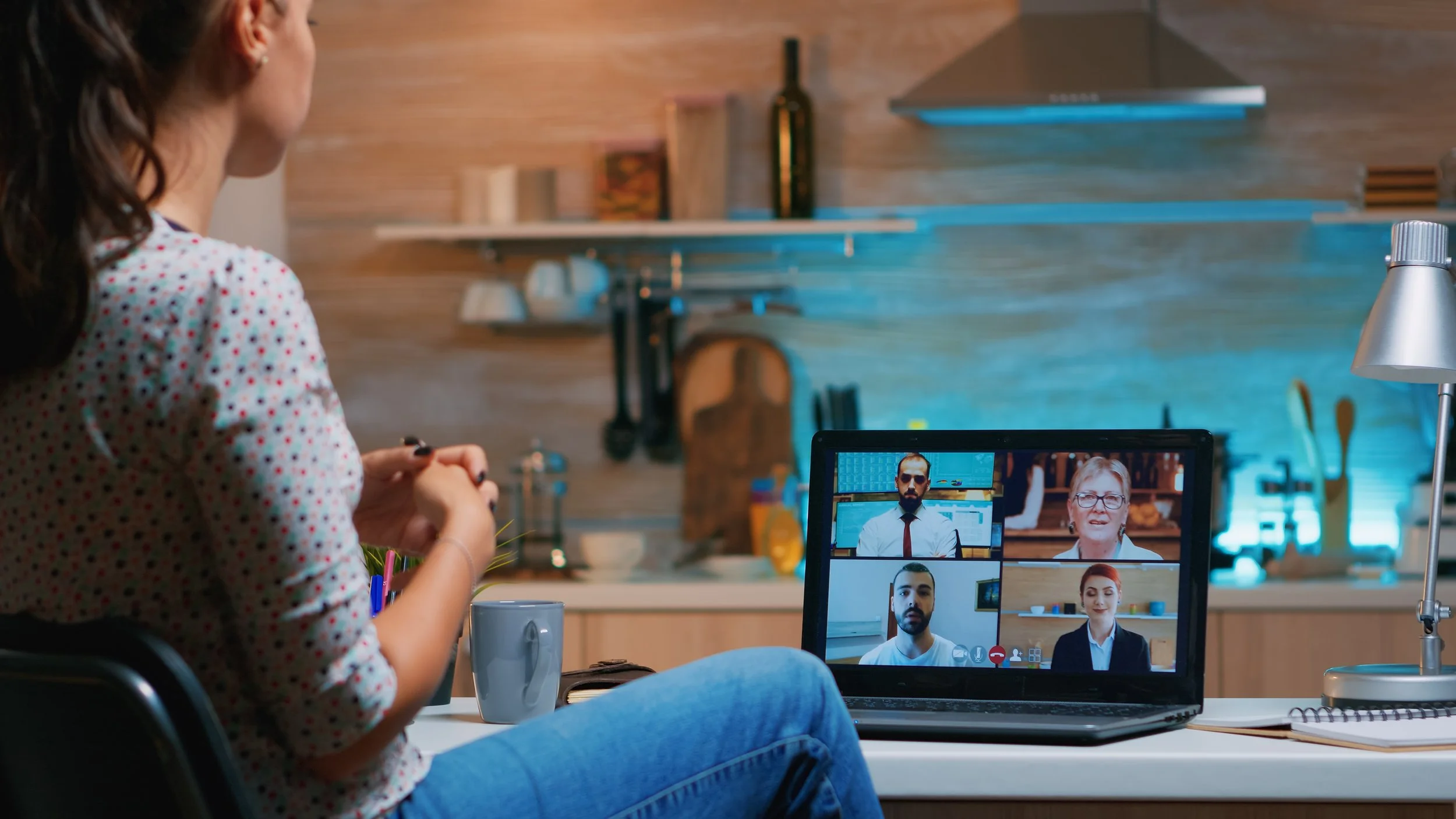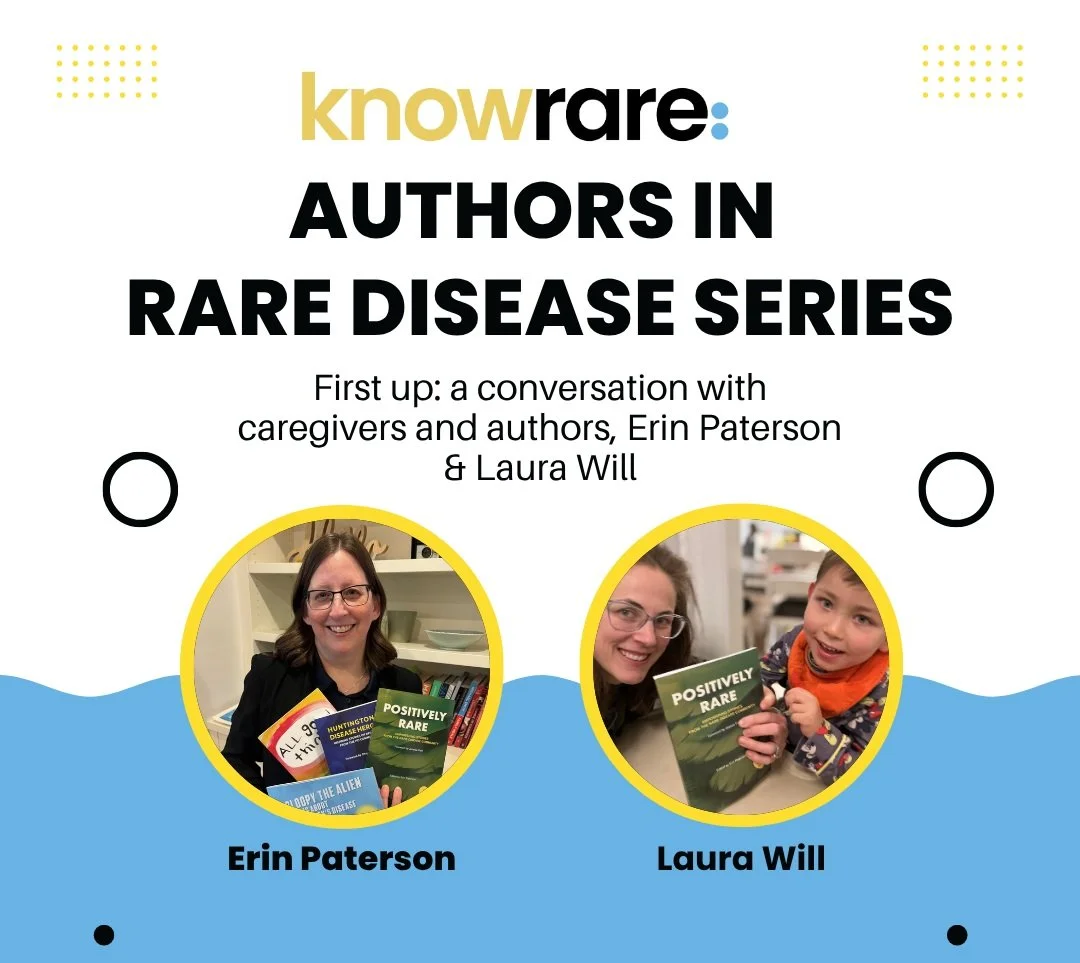Bob Coughlin: Boldly Chasing Cures
Bob Coughlin, Managing Director JLL, former MassBio CEO, and Cystic Fibrosis Dad and Advocate, with his sons.
When Bob Coughlin served as CEO of the Massachusetts Biotechnology Council (MassBio), his board members begged him to stop using the “c” word. They didn’t like to mention the word “cure,” he says, because it felt like too big a promise to keep.
But Bob was never one for thinking small or limiting his ambitions for rare disease patients. “We’re living in the platinum age of science,” he explains. “We’ve made huge advances. We’re not just treating symptoms anymore. We’re going after cures.”
“From about 2012 until 2015, I didn’t think Bobby would make it. His lung function was dropping quicker than the science was progressing”
Besides, Bob has reason to be hopeful and optimistic. He witnessed firsthand how a breakthrough therapy could change the course of a disease and save someone’s life. That someone is his son, who was born in 2002 with cystic fibrosis (CF). “From about 2012 until 2015, I didn’t think Bobby would make it. His lung function was dropping quicker than the science was progressing,” Bob remembers. Boston-based Vertex Pharmaceuticals had been developing a series of drugs to treat different variations of CF, and finally, they released a drug that would help Bobby’s rare mutation. “To be able to get it in time and turn things around felt like a miracle, but it wasn’t a miracle. It was the result of years of research and hard work and a little bit of luck.”
But there’s even more to this incredible story. Long before Bob knew that the CF gene ran in his family, before his son was diagnosed in utero, and even before he worked in the life sciences, Bob was a crusader for CF fundraising and research. His early career found him serving in politics as a school committee member and later as a town selectman outside Boston, Massachusetts. Bob had heard of cystic fibrosis because his sister-in-law told him that she had a niece and two nephews with this condition. Around the same time, he learned a longtime friend had children who were diagnosed with it. Through his role as a selectman, Bob was able to help launch a Great Strides walk for the Cystic Fibrosis Foundation. Bob stepped up and became honorary chair for the event, raising awareness and money to search for a cure.
The serendipity of that choice to champion causes for cystic fibrosis became very clear a few years later when his son Bobby was diagnosed. Bob says he began at that point to consider the intersections of policy, innovation, and regulations in treating rare diseases. He believes you need all three, plus philanthropy to invest in biotechnology, to make the kinds of advancements that lead to cures.
With that in mind, Bob went on to serve in the Massachusetts House of Representatives. It wasn’t an easy choice to run for office with a sick baby at home, he says, but he remembered some advice he received from a counselor at Boston Children’s Hospital: “Why wouldn’t you keep going on with your life? You can be in a position to make laws that can help children with serious health conditions.” As a representative, Bob worked on healthcare and healthcare financing legislation. Then, after leaving office, he became President and CEO of MassBio, where he championed innovative treatments for rare patients, including his son. “I wanted to dedicate 150 percent of my time working on the biotech industry and raising money for CF research.”
Today, Bob serves as an advisor to life science companies, helping them find spaces where innovation can take place for all types of unmet medical needs.
Early Intervention For Cystic Fibrosis Saves Lives
In 2001, Bob’s unborn son was one of the first to be diagnosed with cystic fibrosis in utero. That early knowledge meant the baby could receive enzymes and other treatment immediately, whereas in the past it might have taken months to receive. “Bobby was in several clinical trials by six years old,” Bob remembers. From the beginning, he and his wife wanted to take advantage of all the available research and treatment options available.
Because of this experience, Bob is a huge advocate for genetic testing, including prenatal screening, and gathering all the medical information you can as soon as possible. “We were able to grieve before the baby showed up and hit the ground running as soon as he was born.” That one genetic test cost the Coughlins about $500, Bob says, and he estimates it saved them as much as $5 million in hospital charges for the first few years of Bobby’s life.
Never Give Up
It’s easy to become fatigued and overwhelmed by the uphill battle in treating rare diseases. Rather than taking on the whole burden at once, Bob suggests looking for small steps you can take. “I needed to do something every day that I felt like would help my son, otherwise I felt like I’d go crazy,” he remembers. “Resilience, hope, and persistence is what you need when you’re facing an illness like this.”
Whether it’s reading articles on PubMed, making phone calls, connecting with specialists, reaching out to other families, pursuing new treatments, or doing daily self-care to ease the stress of living with rare diseases – look for the manageable tasks that are within your power. “No matter the outcome, I wanted to be able to look in the mirror knowing I did everything I could.”
Take Breaks
On the flip side, you also need to schedule downtime when you’re not focused on the disease, Bob says. “Know when to clock out at the end of the day, take your work boots off, and enjoy each other as a family,” he suggests. Plan activities that each family member enjoys, not just the person living with a rare disease. If you have other children, give them just as much attention so that they understand that they are equally loved. If you have a partner or spouse, go on dates, walks, or vacations together to keep that connection strong. “You’ve got to enjoy the present while your person is alive, even as you work to keep them alive in the future.”
Get Involved
The stark reality is that cures cost money. New treatments require a focused effort from top scientists and researchers. They are also driven by demand and public awareness of the need. And while not everyone is in a position to write a huge check or fundraise, Bob says, we all can make some noise to raise awareness. Look at what you can do within your community, he suggests. Participate in fundraisers and make connections where you are able. Every bit helps.
And, even if you can’t do that, he argues, you can do your own personal research, share your hard-won knowledge with others with rare diseases, and—where applicable—sign up and participate in clinical trials.
“We’re not giving up until everyone has not just a therapy, but a cure,” Bob says.
































